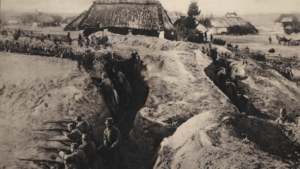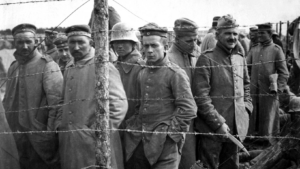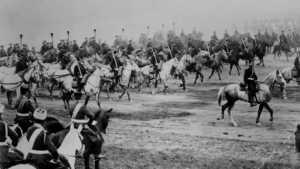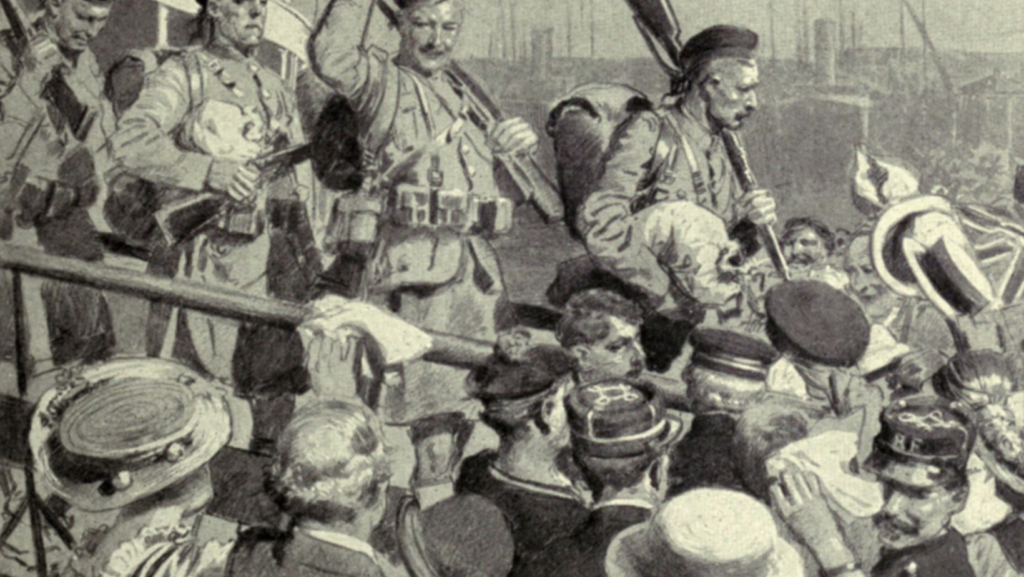Delving into history is like embarking on a thrilling time-travel adventure. It offers us a chance to understand our past, appreciate the present, and anticipate the future. This article will lead you on a journey through some of the world’s most pivotal historical events in the world.
From transformative revolutions to groundbreaking discoveries, these events have shaped our societies, cultures, and lives in countless ways. They’ve defined eras, toppled empires, and sparked innovations that continue to impact us today.
Join us as we traverse through time, exploring these momentous occasions. You’ll gain a deeper understanding of how these pivotal moments have shaped the world we live in today.
Historical Events In The World

Serving as markers in our collective timeline, major historical events in the world continue to shape today’s reality. Each monumental event plays a pivotal role in the development of societies and the world at large.
Ancient Historical Events
Remarkable feats achieved and major conflicts, both internal and external, experienced in ancient times have played pivotal roles in shaping human civilization. This section highlights two major ancient epochs: the Egyptian empire and the Greek civilization, focusing on their rise, fall, and consequential impacts.
The Rise and Fall of the Egyptian Empire
One must journey back 5000 years to get acquainted with the inception of the Egyptian Empire. It began around 3100 B.C., marking the start of the Early Dynastic Period with the unification of Upper and Lower Egypt, as per historical records. Centralized authority, prospering economy, and sophisticated culture characterized this period, with rulers like Pharaoh Djoser erecting the world-renowned Step Pyramid.
The period of highest prosperity, often referred to as the New Kingdom (1550 B.C – 1070 B.C.), brought famous pharaohs like Tutankhamun and Ramses II into the limelight. Monuments such as the Valley of the Kings stand as testament to their architectural prowess. However, it did not take long for the empire to crumble after the death of Ramses III.
Modern Historical Events

After discussing the medieval era’s influential events, the narrative turns towards modern historical events in the world that ushered in new ways of life and altered our worldview.
The Industrial Revolution, spanning the 18th to the 19th century, signifies a dramatic transformation in the world order, acting as a distinct marker of modernity. It witnessed a significant shift from traditional handcraft methods of production towards machine-aided manufacturing. This era introduced steam engines, enabling faster transportation via railroads and steamships, prompting expansion of trade and colonization.
Lauded as the most devastating global conflicts in history, World War I and World War II, occurring between 1914-1918 and 1939-1945 respectively, left primarily Europe but also the world in a tense turmoil that defined much of the 20th century. The aftermath of these wars led to significant geopolitical shifts, paving the way for the rise of superpowers, the United States and Soviet Union.
Impact of These Events on Today’s World

The actions of the past exert a powerful influence on the present world, breathing life into the modern era in tangible and intangible ways.
Contrasting eras, from prehistoric times to modern history, shaped societies and civilizations with lasting ramifications still seen today. An exploration into the impact of notable events, such as revolutions, discoveries, and world wars, illuminates the global legacy they’ve left behind. For instance, the Industrial Revolution, a salient event in history, introduced new production methods, enhancing productivity, and ushering rapid urbanization. Today, cities worldwide are still expanding, a testament to this historical imperative.
Studying history isn’t simply about synchronized dates and names, it’s about unraveling the ties that bridge the past to the present. The analysis of historical events in the world yields invaluable insights into how societies function, helping to avoid the repetition of past mistakes. For instance, the devastating effects of World Wars taught us the grave costs of international conflict, leading to the formation of institutions like the United Nations to prevent such disasters in the future.

